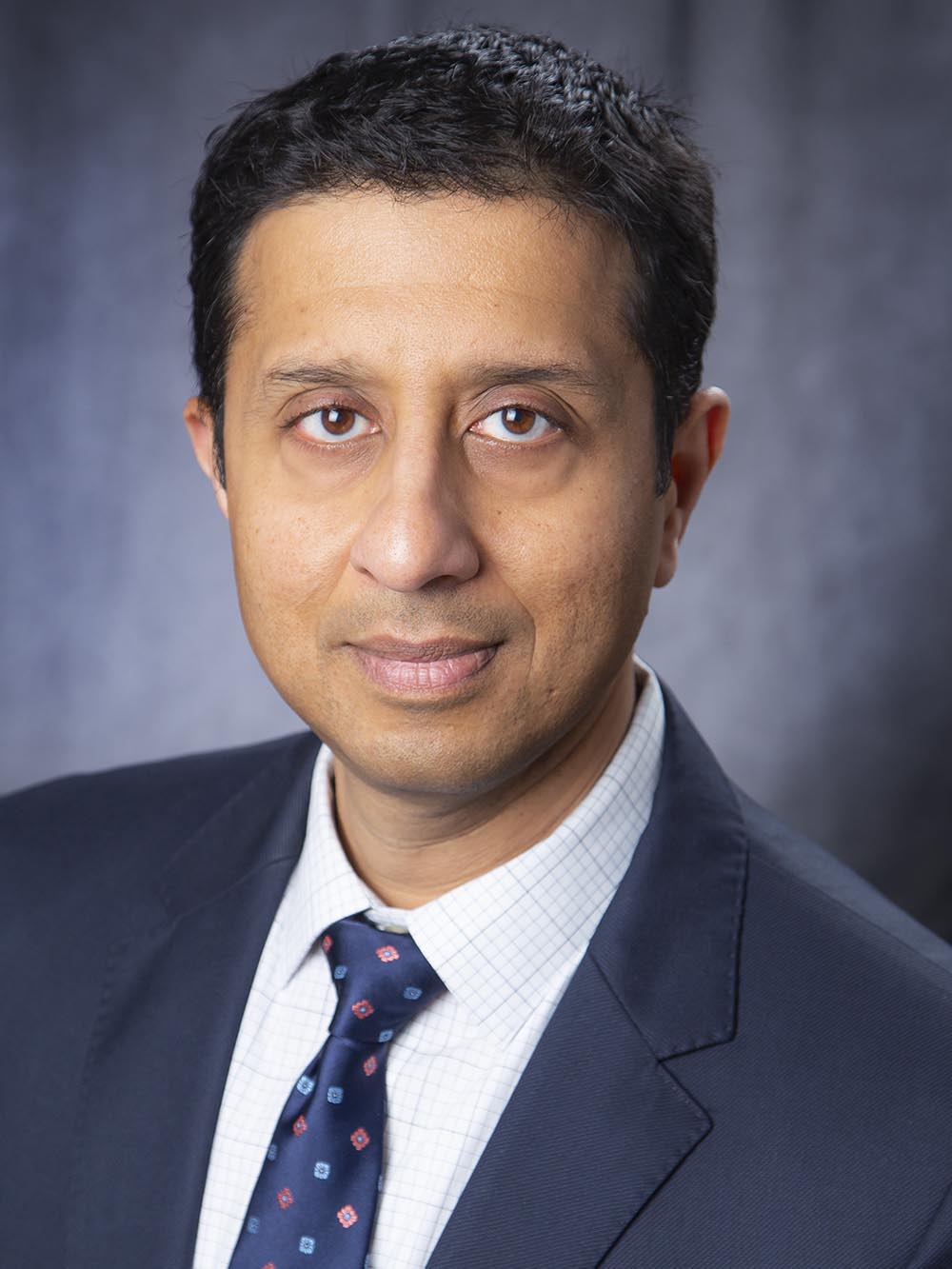Thoracic Surgery
Attendings
 Gary M. Hochheiser, MD |
 Syed M. Quadri, MD |
 Jennifer M. Burg, MD |
Thoracic Surgery Service Resident Expectations
Updated Sept. 2017 PGY4:Thoracic Service:
Coordinate rounds with APP’s and residents
Make weekly schedule with Melissa for case coverage, and daily/timely staffing with attendings
The following is expected in working with the APP’s:
- Use Thoracic Oncology list found under Service Groups - Surgical
- Add consults by adding the attending as a consultant (this will auto populate pt to our list)
- Pick up pager and obtain sign out from night resident
- 6:30am meet APP's on R1 in charting room for rounds
- With APP's split up writing notes/discharges once rounds complete
- With APP's split up consult follow ups to be seen on other floors and confirm plan(s) prior to writing notes on these consult pt's
- Once rounds complete head to operating room, clinic, or mandatory conference as appropriate for that particular day
- Pass service pager to APP prior to heading to clinic or conference and pick back up upon return
- Pass service pager to night resident and provide appropriate sign out - prior to signing out confirm overnight plans on any complex patient with the attending or APP as appropriate
Thoracic Education:
Prepare for cases, particularly anatomy and steps of the operation. Ideally cases covered by residents would be discussed with the attending the day prior to set case specific goals and expectations.
Gain proficiency at bronchoscopy and bronchial anatomy
Imaging interpretation, CXRs and CT scans
Know and understand esophageal and lung cancer work up, staging and treatment options.
Differential diagnosis for mediastinal tumors. Tumor markers. Germ cell and thymomas in particular
Level appropriate cases: VATS pleurodesis, wedge resection, decortication. Laparoscopic foregut. Planned progression to lobectomies, mediastinal work with experience.
PGY2:
Thoracic Service:
Participate in daily rounds and floor care
The following is expected in working with the APP’s:
- Use Thoracic Oncology list found under Service Groups - Surgical
- Add consults by adding the attending as a consultant (this will auto populate pt to our list)
- Pick up pager and obtain sign out from night resident
- 6:30am meet APP's on R1 in charting room for rounds
- With APP's split up writing notes/discharges once rounds complete
- With APP's split up consult follow ups to be seen on other floors and confirm plan(s) prior to writing notes on these consult pt's
- Once rounds complete head to operating room, clinic, or mandatory conference as appropriate for that particular day
- Pass service pager to APP prior to heading to clinic or conference and pick back up upon return
- Pass service pager to night resident and provide appropriate sign out - prior to signing out confirm overnight plans on any complex patient with the attending or APP as appropriate
Thoracic Education:
Management of atrial fibrillation
Become comfortable with bronchial anatomy
Imaging interpretation, CXRs and CT scans
Prepare for cases, particularly anatomy and steps of the operation. Ideally cases covered by residents would be discussed with the attending the day prior to set case specific goals and expectations
Know and understand esophageal and lung cancer work up, staging and treatment options
Differential diagnosis for mediastinal tumors. Tumor markers. Germ cell and thymomas in particular
Level appropriate cases: VATS pleurodesis, wedge resection, decortication
Key Topics in Thoracic Surgery:
Esophagus: Cancer and Barrett’s, dysmotility disorders (achalasia, diffuse esophageal spasm, nutcracker), diverticula (zenker’s, epiphrenic, midesophageal), paraesophageal hernias
Lung: Cancer, infection (abscess)
Pleura: Effusion, empyema, pneumothorax
Mediastinum: Tumors, compartments (anterior, middle, posterior)
Chest wall: Tumors
